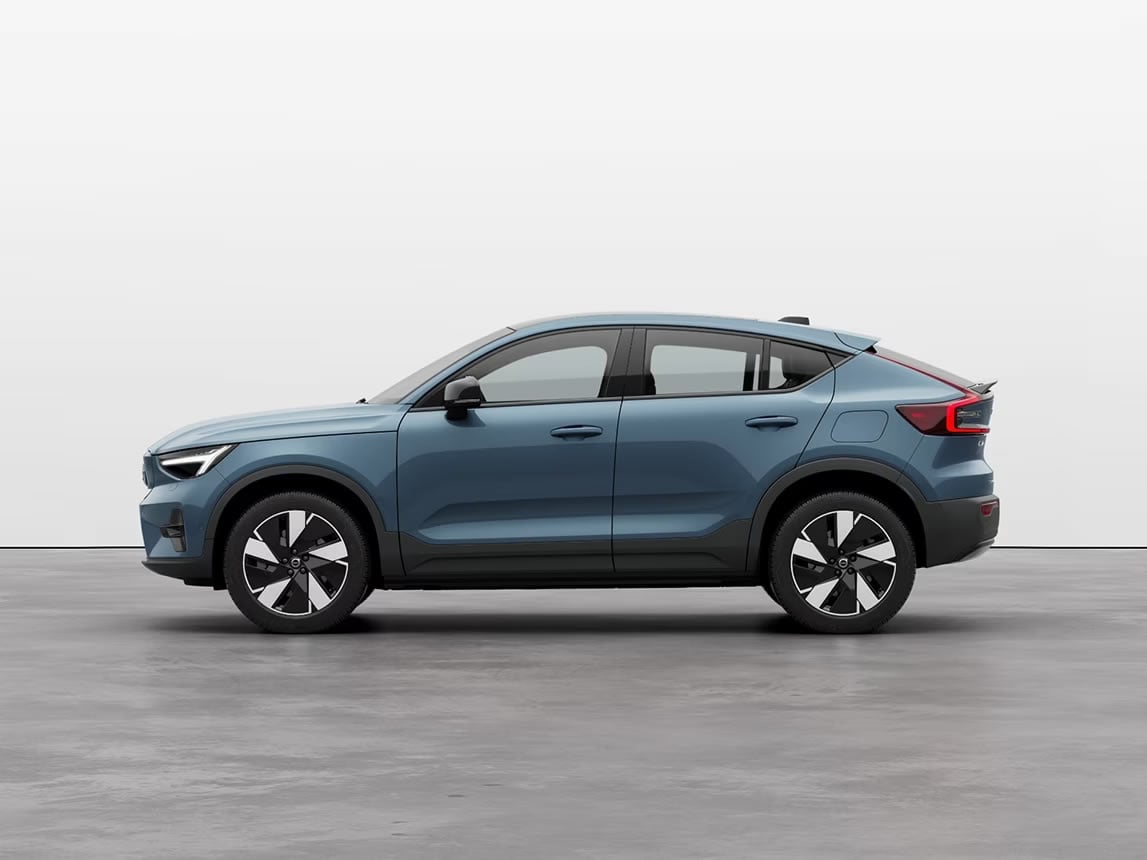Buying a new car can be an exhilarating experience. Ensuring you make the right choice involves careful consideration of your budget, thorough research, and a strategic test drive.

Budget
When it comes to buying a car, the first and forevery step is setting a realistic budget.
List your monthly income and expenses to determine how much you can comfortably allocate for a car payment. Don't forget to account for additional costs like insurance, registration, maintenance, and fuel. A common guideline is to keep your car payment within 10-15% of your monthly income.
If paying in full isn't an option, consider financing. Understand the terms and conditions, interest rates, and repayment schedules. It's wise to get pre-approved for a loan so you know your buying power before you even step into a dealership.
Research
Before you buy, arm yourself with knowledge.
Begin by listing what you need from a vehicle. Are you looking for space, fuel efficiency, style, or advanced safety features? Knowing your priorities will help narrow down your options.
Use resources like consumer reports, automotive websites, and reviews to compare different makes and models. Look into the good reliability, resale value, and owner satisfaction. Pay attention to the features that are very important to you.
The safety of your vehicle is paramount. Check for crash-test ratings from reputable organizations such as the National Highway Traffic Safety Administration (NHTSA) and the Insurance Institute for Highway Safety (IIHS). Vehicles with advanced safety features and higher crash-test ratings are often better choices.
Test Drive
A test drive is crucial in ensuring the car meets your expectations.
Test drive multiple vehicles to compare them effectively. Scheduling in advance ensures the car you wish to drive is available when you arrive. Aim to drive at least three different models you're interested in.
Create a checklist of what you want to evaluate during the test drive—comfort, handling, visibility, noise levels, and ease of use of the controls. Your checklist should include both personal preferences and essential features.
To get an all-around feel for the car, drive in different conditions—highways, city streets, and parking lots. Pay attention to how the car accelerates, brakes, and handles in each scenario.
After thorough research and test driving, it’s time to make your decision.
Ensure you understand all associated costs, including tax, insurance, registration, and any potential dealership fees. Be careful of additional offers and warranties which might not be necessary.
For pre-owned cars, obtain the vehicle history report using services like Carfax or AutoCheck. Check for any past accidents, service history, and title issues.
When you’re ready to buy, don't hesitate to negotiate. Use your research to justify your price point. Dealerships often have some flexibility in their pricing to make a sale.
Buying a car is a significant investment, and making an informed decision can save you time, money, and stress. By understanding your budget, conducting thorough research, and performing comprehensive test drives, you'll find a vehicle that's right for you and your financial situation.
Remember, patience and diligence in each step can lead to a satisfying car-buying experience.
Explore the Tranquil Bliss of Idyllic Rural Retreats

Ultimate Countdown: The 20 Very Legendary Gaming Consoles Ever!

Understanding Halpin and its Influence

Affordable Full Mouth Dental Implants Near You

Discovering Springdale Estates

Illinois Dentatrust: Comprehensive Overview

Embark on Effortless Adventures: Unveiling the Top in Adventures Made Easy Outdoor Equipment

Unveiling Ossur Valves: Innovation in Prosthetics

Unlock the Full Potential of Your RAM 1500: Master the Art of Efficient Towing!
